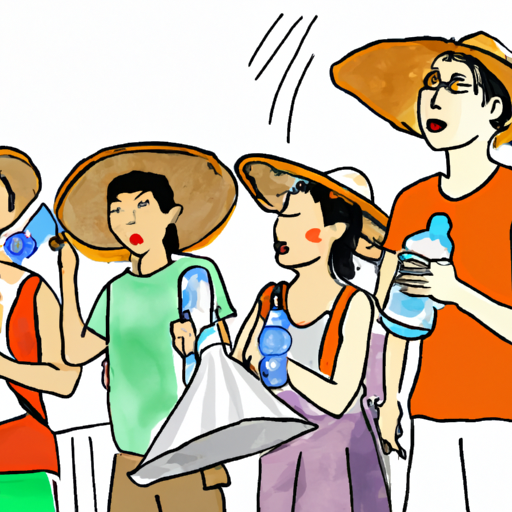Japan's Kanto region is bracing for temperatures exceeding 40 degrees Celsius. The prolonged heatwave, which has been categorized as a disaster-grade situation, implies a severe risk to health, particularly for the elderly and children. Japanese authorities and citizens are taking extraordinary measures to cope with this perilous weather trend.
In Japan, extreme heat is treated as a serious threat to public safety, equivalent to natural disasters like earthquakes or typhoons. Preventive measures are typically enacted such as widespread public advisories, opening of cooling shelters, and changes to public transportation schedules. It’s a matter of public health, especially among the elderly, which is a significant proportion of Japan's population.
Comparable to heatwaves in the United States or Europe, precautions are taken, especially offering advice and help to the homeless, the elderly, or those in poor health who can be most affected. However, Japan's infrastructure and response protocols may be more extensive due to the country's history with natural disasters.

